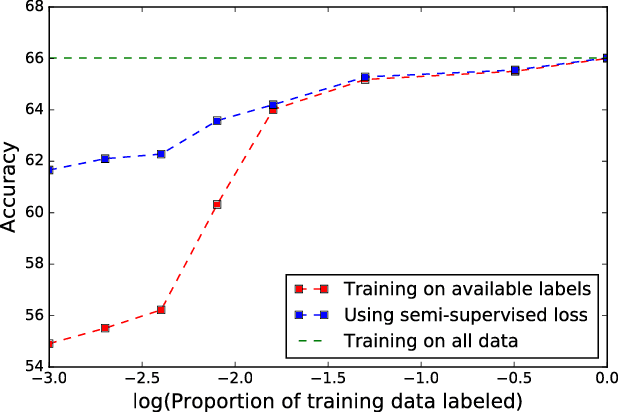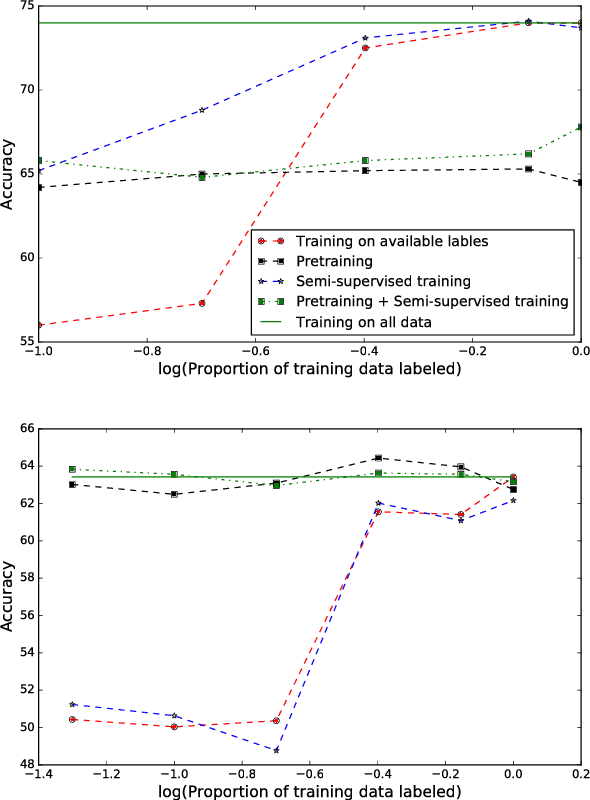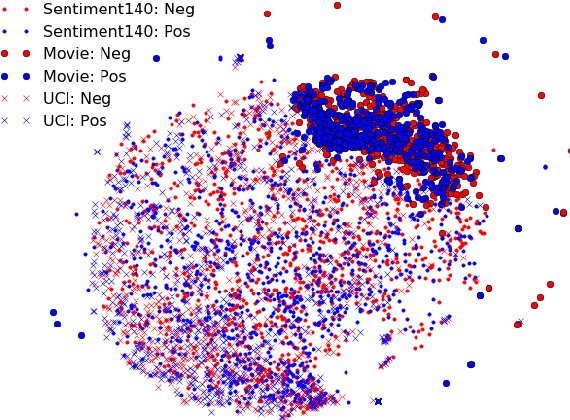Semi-supervised and Transfer learning approaches for low resource sentiment classification
Paper and Code
Jun 07, 2018


Sentiment classification involves quantifying the affective reaction of a human to a document, media item or an event. Although researchers have investigated several methods to reliably infer sentiment from lexical, speech and body language cues, training a model with a small set of labeled datasets is still a challenge. For instance, in expanding sentiment analysis to new languages and cultures, it may not always be possible to obtain comprehensive labeled datasets. In this paper, we investigate the application of semi-supervised and transfer learning methods to improve performances on low resource sentiment classification tasks. We experiment with extracting dense feature representations, pre-training and manifold regularization in enhancing the performance of sentiment classification systems. Our goal is a coherent implementation of these methods and we evaluate the gains achieved by these methods in matched setting involving training and testing on a single corpus setting as well as two cross corpora settings. In both the cases, our experiments demonstrate that the proposed methods can significantly enhance the model performance against a purely supervised approach, particularly in cases involving a handful of training data.
 Add to Chrome
Add to Chrome Add to Firefox
Add to Firefox Add to Edge
Add to Edge